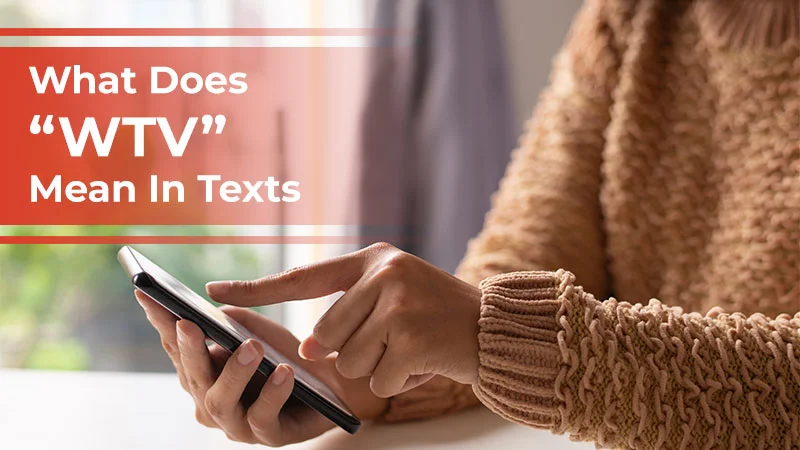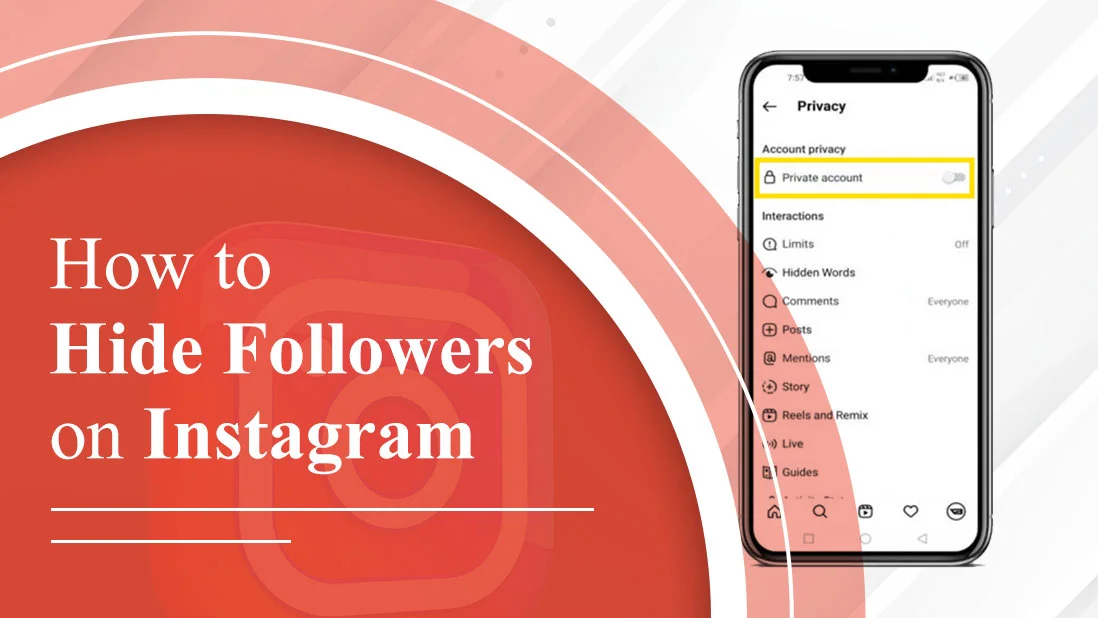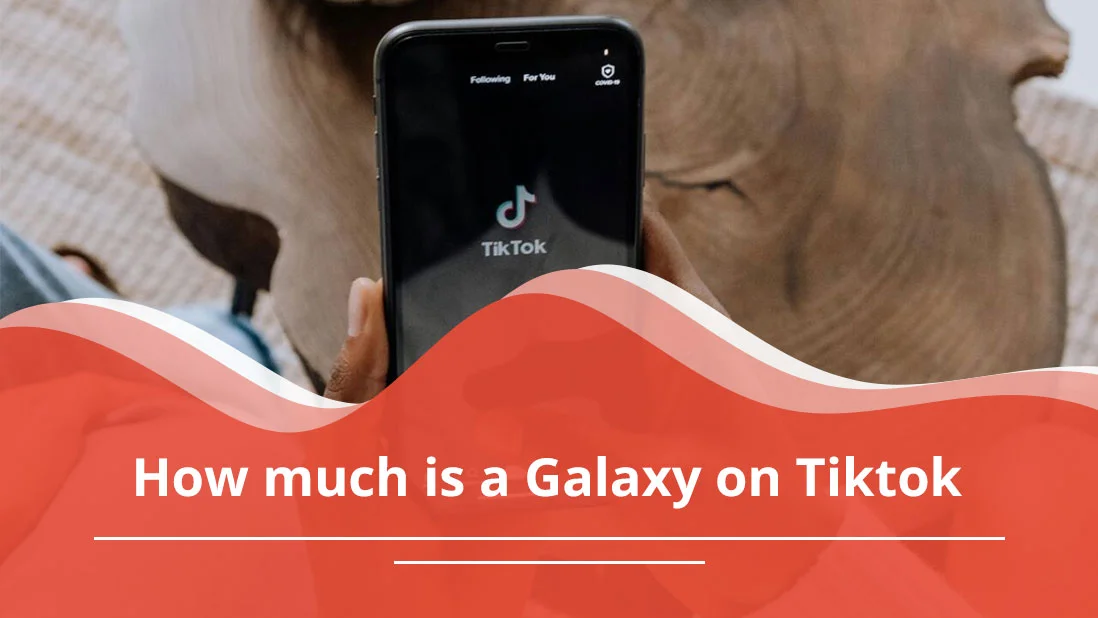Texting has changed the way we communicate. Instead of long sentences, people prefer short abbreviations that save time and effort. Most of them feel natural once you get used to them — but when you don’t know what they mean, it can get confusing quickly. One of the most common texting slang terms people search for today is “WTV.” If you’ve seen it in a chat and felt lost, you’re not alone.
This article explains what “WTV” means in texting, how it’s used, what tone it carries, whether it’s rude, and how to reply to it without misunderstanding. By the end, you’ll understand exactly when and how “WTV” should be used.
What Does “WTV” Mean in Texts?
In texting, “WTV” stands for “Whatever.” It’s a shortened way to reply whilst you don’t have a preference, don’t want to provide an explanation for extra, or simply don’t care an awful lot about the topic.
While the literal meaning is simple, the goal in the back of it depends on the situation. “WTV” can sound informal and harmless in a few conversations, but it could also stumble upon as indignant or dismissive if the mood is annoying.
That’s why context topics are extra than the abbreviation itself.
The Meaning of “WTV” Depends on Tone
Tone plays a major role in how “WTV” is interpreted. Here are the three most common ways people use it:
1. Neutral tone
In a neutral context, “WTV” means the person truly does not mind the outcome.
Example:
A: Where should we meet, café or mall?
B: WTV is fine for me.
Here it shows flexibility and no emotional charge.
2. Annoyed tone
If the conversation is serious or tense, “WTV” can express irritation or frustration.
Example:
A: Why are you still upset?
B: WTV, just forget it.
This version feels dismissive and signals that the person does not want to continue the discussion.
3. Playful tone
Among close friends, “WTV” can appear in a light-hearted and teasing way.
Example:
A: I told you she liked you.
B: WTV, you think that about everyone.
Here it’s more sarcastic and fun, not truly rude.
When Do People Use “WTV”?
People mostly use “WTV” in everyday casual conversations. It fits naturally in situations like:
- When you don’t care about the choice or outcome
- When you want someone else to decide
- When you’re annoyed and don’t want to argue
- When responding indirectly on purpose
- When joking around or being sarcastic
- When ending a conversation quickly
“WTV” is more common in friendships, relationships, and social media chats rather than professional or formal messages.
Texting Examples of “WTV” in Real Conversations
Seeing it used in real messages makes the meaning clearer. Here are some practical scenarios.
Friends making plans
A: Pizza or burgers tonight?
B: WTV, both sound good.
Mild disagreement between a couple
A: I didn’t mean to ignore you earlier.
B: WTV, it’s fine.
Teenagers texting parents
Parent: Which shirt do you want to wear for the function? Blue or white?
Teen: WTV.
Group chat situation
A: Should we watch a horror movie or comedy?
B: WTV works.
C: I vote for horror.
Gaming conversation
A: Which map should we choose?
B: WTV, just start.
As you can see, the tone shifts depending on the mood and relationship between the people texting.
Is “WTV” Considered Rude?
It depends on how it’s used. “WTV” itself is not rude, but it can feel rude when it’s typed during a sensitive or argumentative conversation.
For example, in a cheerful chat, “WTV” is harmless. But if someone is trying to solve a disagreement and the other person says “WTV,” it may sound like:
- I don’t care
- I’m done talking
- Leave it
So the intention matters. If you’re unsure how it may be interpreted, it’s better to type the full word “whatever.” Full words usually sound calmer and clearer than abbreviations.
How “WTV” Is Used in Social Media and Internet Culture
“WTV” is used widely across platforms like:
- Snapchat
- TikTok
- Discord
- Online gaming chat rooms
Younger users use the abbreviation more casually, often in captions and comments as well.
Examples of social captions:
- “WTV summer is coming and I can’t wait”
- “WTV I tried my best”
- “WTV we outside tonight”
It’s also used in memes when something is said dramatically and then brushed off with “WTV” to make it humorous.
Slang Terms Similar to “WTV”
The internet is full of abbreviations with similar meanings or vibes. Here are some that users often confuse with “WTV.”
| Abbreviation | Meaning | Emotion level |
| IDC | I don’t care | Neutral to annoyed |
| NVM | Never mind | Canceling a request or topic |
| IDGAF | I don’t give a f*** | Strongly annoyed |
| TBD | To be decided | Neutral, planning |
| Aight / Aite | Alright | Chill / casual |
“WTV” sits somewhere in the middle: it can be neutral or annoying depending on the tone.
Should You Use “WTV” in Professional or Formal Messages?
In most cases, no. “WTV” is informal slang. It does not fit professional emails, workplace chats or communication with people you don’t know well.
If you want to express no preference politely in a formal context, better alternatives include:
- “Either option works for me.”
- “I don’t have a preference. Please pick what you think is best.”
- “I’m open to whichever option you choose.”
Using full sentences creates clarity and avoids misinterpretation.
How to Respond When Someone Texts “WTV”
Knowing how to reply can prevent misunderstandings. The right response depends on the tone behind “WTV.”
If they mean it neutrally
You can go ahead and decide on something.
Reply example:
“Okay, then let’s do the café.”
If they seem upset
Acknowledging their feelings helps.
Reply example:
“It sounds like something is bothering you. Want to talk about it?”
If you’re unsure of their mood
Ask gently without creating tension.
Reply example:
“Just checking, are you okay? You sound a little upset.”
If you want to diffuse the conversation
Respond calmly and try to settle the discussion.
Reply example:
“We don’t have to agree on everything. Let’s take a break and talk later.”
Handling the tone wisely prevents small issues from becoming arguments.
Final Summary
“WTV” is a common texting abbreviation that simply means “Whatever.” People use it mostly in casual conversations to show that they don’t have a preference or don’t care much about the outcome. Depending on the tone of the conversation, “WTV” can be neutral, joking, sarcastic or sometimes irritated.
Like most slang, it’s best used with people who understand you well. If there’s even a slight chance of misunderstanding, especially in serious or professional conversations, spelling out your thoughts instead of using abbreviations is usually better.





